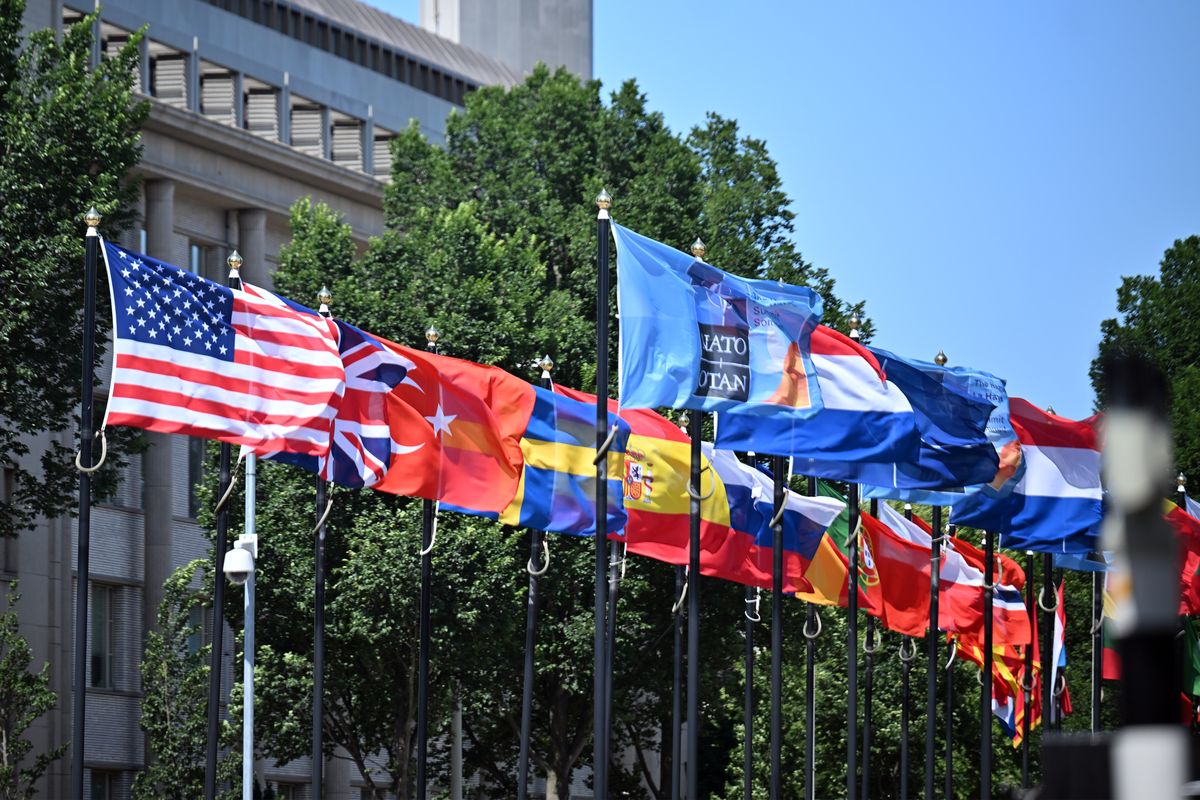Poland’s democratic institutions are under pressure from the ruling right-wing Law and Justice party (PiS). PiS efforts to control the judiciary and media risk alienating its Western allies, which it relies on for defense and national security. The Cipher Brief spoke with Piotr Buras, Head of the European Council on Foreign Relations Warsaw office, about why PiS – even with all of its anti-Europe political rhetoric – should want to to keep its European neighbors and the U.S. close.
The Cipher Brief: What is the current state of Poland’s democracy?
Piotr Buras: Poland’s liberal foundations are under strain. Over the last 12 months, we have witnessed a centralization of power and a massive empowerment of the executive. Most notably, the Constitutional Court has been effectively taken over by the ruling party (PiS) in violation of the Constitution. The public media have become a propaganda instrument of the government. The new budget law was adopted in a way that violated the rights of the opposition, provoking a major parliamentary crisis.
TCB: The European Commission is giving Poland two more months to review its own rule-of-law issues before taking any concrete measures like sanctions – why? Are sanctions likely in the future if the situation doesn’t change?
PB: The EU Commission (or the EU Parliament) will probably try to trigger Article 7 of the EU Treaty (sanctions) in March 2017, after time given to the Polish government to follow the Commission’s recommendations has expired. But the sanctions can be imposed only if there is unanimity in the European Council (the main decision making body of the EU), which is not likely to happen – Hungary’s Victor Orban announced months ago that he would block them. But if there is a vote in the European Council and some countries vote in favor of punishment or adopt a declaration criticising Poland, it would be a strong political signal.
TCB: With all of the PiS rhetoric, it seems PiS thinks the EU is a foe? Why would PiS want to keep Europe – and the U.S. for that matter – as close allies?
PB: The U.S. (and NATO) is still the key security ally for Poland beyond political party divisions. PiS welcomed the election of Donald Trump, despite his affinity towards Russia (seen as Poland’s main security threat), as the party believed that Hillary Clinton would put more emphasis on rule-of-law issues and more pressure on the Polish government to solve the constitutional crisis. PiS does not want to quit the EU either but believes that it should transform into a more flexible entity, focused on economic cooperation and respect for the traditional concept of sovereignty. It is against closer cooperation on issues which may, however, decide the EU’s future shape (and Poland’s place in it): migration policy, the euro, and defense policy.
TCB: Should Poland be concerned about how much influence it has in NATO if it continues to isolate itself politically from its European neighbors?
PB: Yes. Mutual trust is key for the effective solidarity in the alliance. Of course, Poland’s geopolitical location is strategic for the whole of NATO and thus it would be unwise (and unlikely) for the Alliance to, for example, not fully implement the decsions of the Warsaw NATO Summit in 2016. Any backtracking on them would be not only a major impediment on Poland’s security interests but also a huge mistake for NATO, undermining its credibility. But the fact that Poland’s key allies, like France and Germany, are more and more skeptical about the bilateral cooperation and distrustful of the current political elite in Warsaw does not strengthen Poland’s position.
Traditionally, good Polish-German relations were also very important for the U.S. – as a prerequisite of an efficient transatlantic cooperation, especially towards Russia.
TCB: Will Poland tone down political overhauls – like with the constitutional tribunal & public media – to maintain its European and American allies in order to help with Polish defense against an increasingly aggressive Russia?
PB: So far, the domestic policy agenda has clearly taken priority in the government’s policy, which has even been able to withstand pressure from the Obama Administration on the issue of the Constitutional Court. There are no signs that the government is ready to back down on its key goals, which include the process of institutional change and centralization of powers. The EU does not have enough instruments to exert pressure on Warsaw to obey the Constitution and the rule-of-law principle even if it can make its life harder, for example, in the upcoming budgetary negotatiotions. And Donald Trump does not seem to care much about these issues.
Warsaw hopes that the fact that Poland fulfills its obligations within NATO by spending two percent of GDP on defense (and thus meets the expectations of the U.S. President-elect regarding the burden sharing within the alliance) will help ensure Donald Trump’s support for Poland’s interests. The latter might be too optimistic, though, given the unpredictability of the future U.S. president and his approach to Russia.












